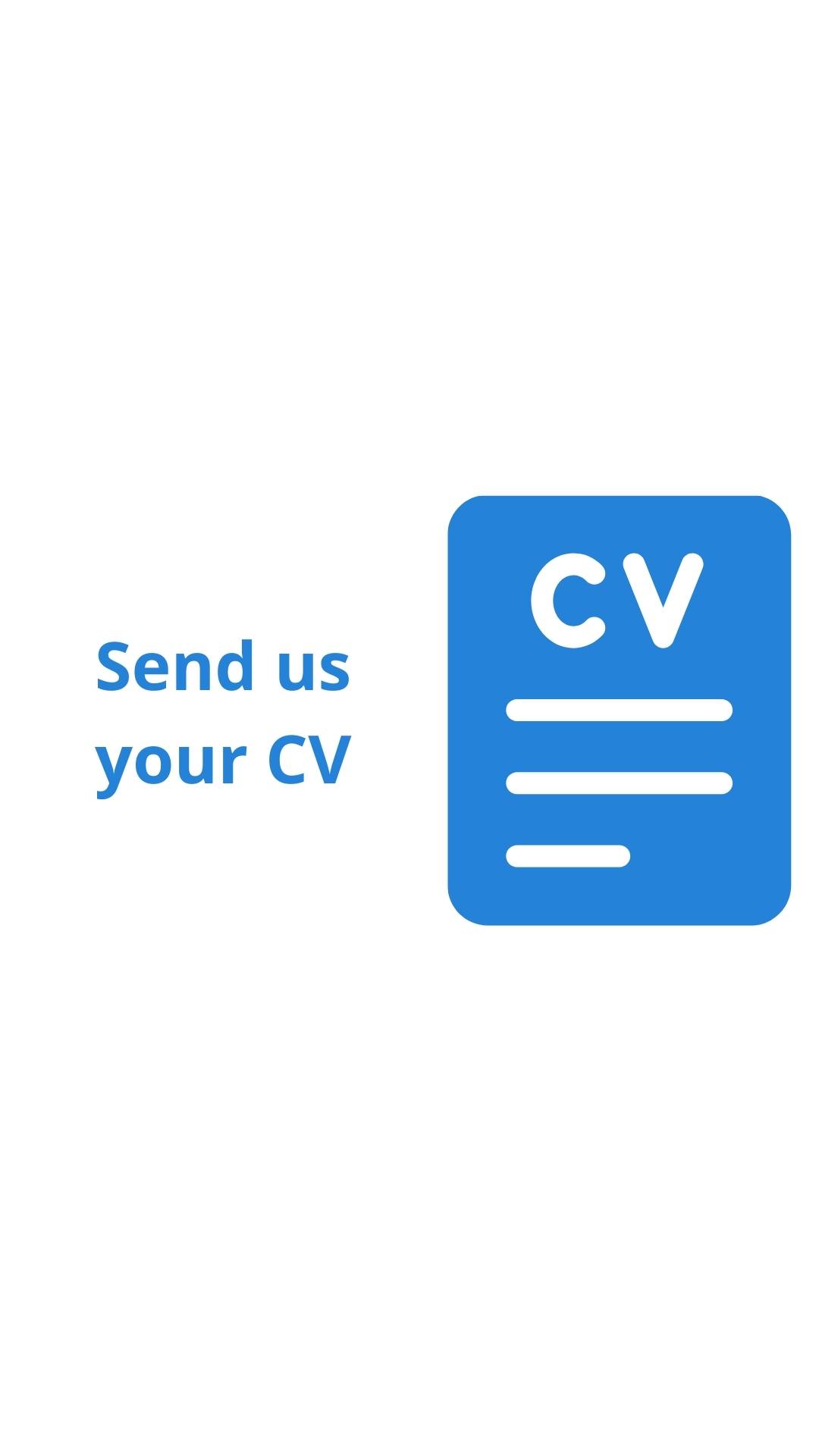Managers and Directors in the Recruitment industry are expert interviewers - it's what they do on a day to day basis on behalf of their clients. Therefore it is even more important that you give yourself the best possible chance of success in the interview.
Interview preparation for recruitment
Below is a check-list of the bare minimum preparation you should be doing before your interview:
- Go through their website thoroughly, page-by-page, making a note of all the important facts. If they have a job search facility, have a look at a variety of jobs they are advertising, noting what type of positions they specialise in filling, what industries, levels, salaries etc. Any basic information like size of company, turnover, how long they've been going: make a note to ask at interview.
- Market analysis. Find out who their major competitors are, and who the major potential clients will be in their niche. Again, another good question to ask at interview is about the company's USPs (Unique Selling Points) that differentiate them from their competitors.
- Questions. In the previous paragraphs there are a couple of ideas for questions. Make sure you have plenty sensible questions to ask, that will give the interviewer plenty of scope for explanation. Everyone likes talking up their own company, and your interviewer will have a better idea of you as a relationship-builder.
Your CV
You will need to ensure that you are working from exactly the same CV that G4R have sent to the client. If you have updated it, make sure that G4R have sent the updated version to the client prior to the interview. Now go through it with a fine-tooth comb!
- Make sure the dates tally and there are no gaps. If there are any gaps, make sure you can talk about what you were doing and that the time was gainfully spent
- Look at your personal statement/objective at the start of your CV. You will have used various words to describe yourself, like "good communicator", "hard-working", or "determined". For each of these on your CV, think of an example of when you have been (for example) a good communicator, and how this skill helped achieve an objective.
- Sales Managers in Recruitment will be looking for a variety of skills. Plan examples you can use to demonstrate you have the following attributes:
- Sales skills
- Influencing skills
- Leadership / achievement
- Working to targets
- Strong communication skills
- Any other requirements requested by the client. - You can use your degree by all means, but be able to describe times when you've been a leader (even if it's just arranging a holiday for you and your friends), and when you?ve set yourself a goal and achieved it (e.g. funding yourself for travel to Asia, getting a DJ slot at a local club etc).
- Be prepared to answer "why" questions: why you chose your degree, why you took a certain job etc.
First impressions
Your appearance will be the first impression - make sure you wear smart business attire.
A good handshake is an absolute necessity, as is positive body language and eye contact.
If you find you are walking to the interview room with the interviewer, try and make conversation - compliment them on the offices, ask how long the company has been there etc. Try to build some kind of rapport. They'll probably ask you how far you've come, how the journey was etc. Don't give them one-word answers - make a conversation.
When you are introduced to your interviewers, make sure you know their names and use those names on occasion throughout the interview. If you can, get their business cards.
Tips for the interview
Early on, give your interviewer a reason to view your application positively i.e. you have researched the company and you know what the job is, so find something you have in your armoury (skills or experience) that you can relate to the job, and make sure you manage to bring it up early. It will help your interviewer look for reasons to employ you rather than reasons not to employ you.
If there are negative things in your past, be honest about them, but emphasise what you learned from the experience, and how differently you would tackle the situation if it were to occur again.
Know why you want the job. If your interviewer thinks this is just a job to you, you will not be appointed. You have to be passionate about what you like in the role, and what you want from the job. Being money motivated is a good thing in Recruitment.
At the end of the interview, ask for the job! Your last question should be something like "What else do you need to know about me to make you feel comfortable in inviting me back/making me an offer [as appropriate], because at the moment I very much want this job?" Your attempt at 'closing' your
interviewer will probably be met with "we will get back to your agency with our decision in due course", but they will certainly appreciate the attempt, and it will add to your application.
Finally - Remember to contact your GRB Consultant with your feedback after the interview.
Email: [email protected] & attach your CV!

